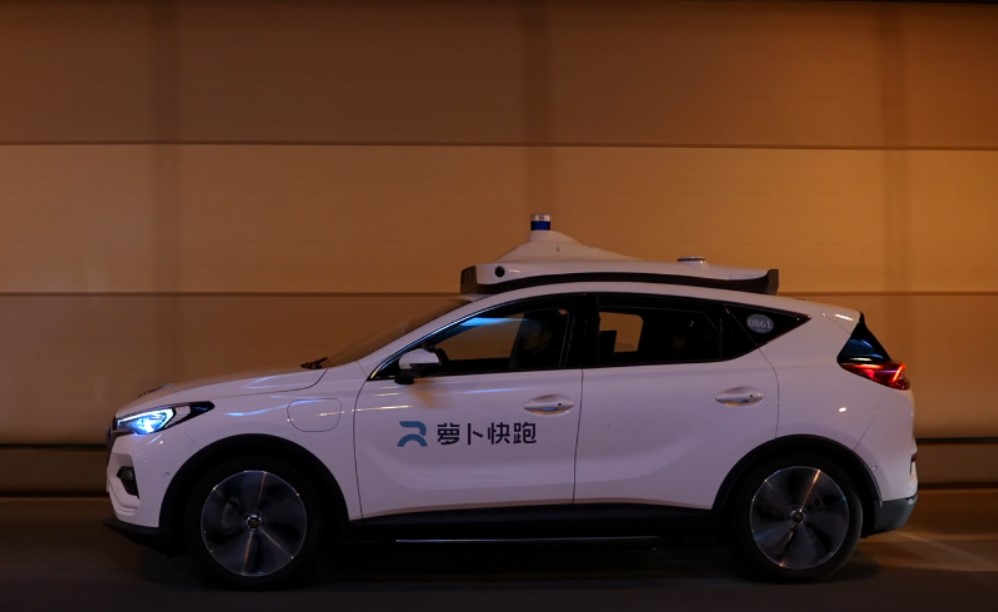In recent years, with the rapid progress of technology and the intelligent transformation of the global automotive industry, autonomous driving technology has become a hot spot for technology giants and automakers. In this area, the rise of China is particularly striking, with several Chinese companies developing self-driving technology at an astonishing pace and expected to challenge Tesla's global leadership in the future.
Xpeng recently rolled out a major over-the-air update to enable its flagship autonomous driving suite, XNGP, to be used on all public roads in China. User feedback shows that XNGP is functionally similar to Tesla's FSD software, with both relying on artificial intelligence to drive technological advancements and reduce reliance on detailed maps.
Chinese regulators are open to the development of autonomous driving technology. China's Ministry of Industry and Information Technology has approved a number of Chinese automakers to test "Level 3" autonomous driving technology on public roads, signaling that under certain conditions, drivers no longer need to concentrate all the time, and the responsibility shifts to automakers.
As a global leader in self-driving technology, Tesla's Autopilot system and FSD (Full Self-Driving) software enjoy a high reputation around the world. Tesla's self-driving technology is not only leading the way in technology, but it has also achieved great success in the market. However, with the rapid development of China's self-driving technology, Tesla is also facing challenges from Chinese companies.

Figure: Baidu's self-driving car Apollo Go (Source: Cnbeta)
First of all, the continuous breakthroughs and innovations of Chinese companies in autonomous driving technology are narrowing the technological gap with Tesla. In some technical fields, Chinese companies have even surpassed them. This competitive pressure on technology has forced Tesla to continuously accelerate the pace of technological updates and iterations.
Secondly, Chinese enterprises have also shown strong competitiveness in market expansion. They are not only competing fiercely with Tesla in the domestic market, but are also actively seeking expansion opportunities in overseas markets. This global development strategy has made Chinese companies increasingly competitive in the field of autonomous driving.
Tesla CEO Elon · Musk once made a surprise visit to China, seeking to promote the landing of Tesla's FSD in China. Tesla's development in China is supported by the Chinese government and is regarded as a successful example of Sino-US economic and trade cooperation. However, one of the challenges of implementing FSD in China is how to train autonomous driving systems with Chinese user data. At present, Tesla has implemented local storage of data in Shanghai, and may need to build a data center in China to train its self-driving technology.
The competition in autonomous driving technology is becoming increasingly fierce, and China is gradually challenging Tesla's position in the industry with its unique market advantages, policy support and technological innovation. With the continuous rise of Chinese companies in the global market, the competition landscape in the field of autonomous driving will become more diversified and uncertain in the future.






